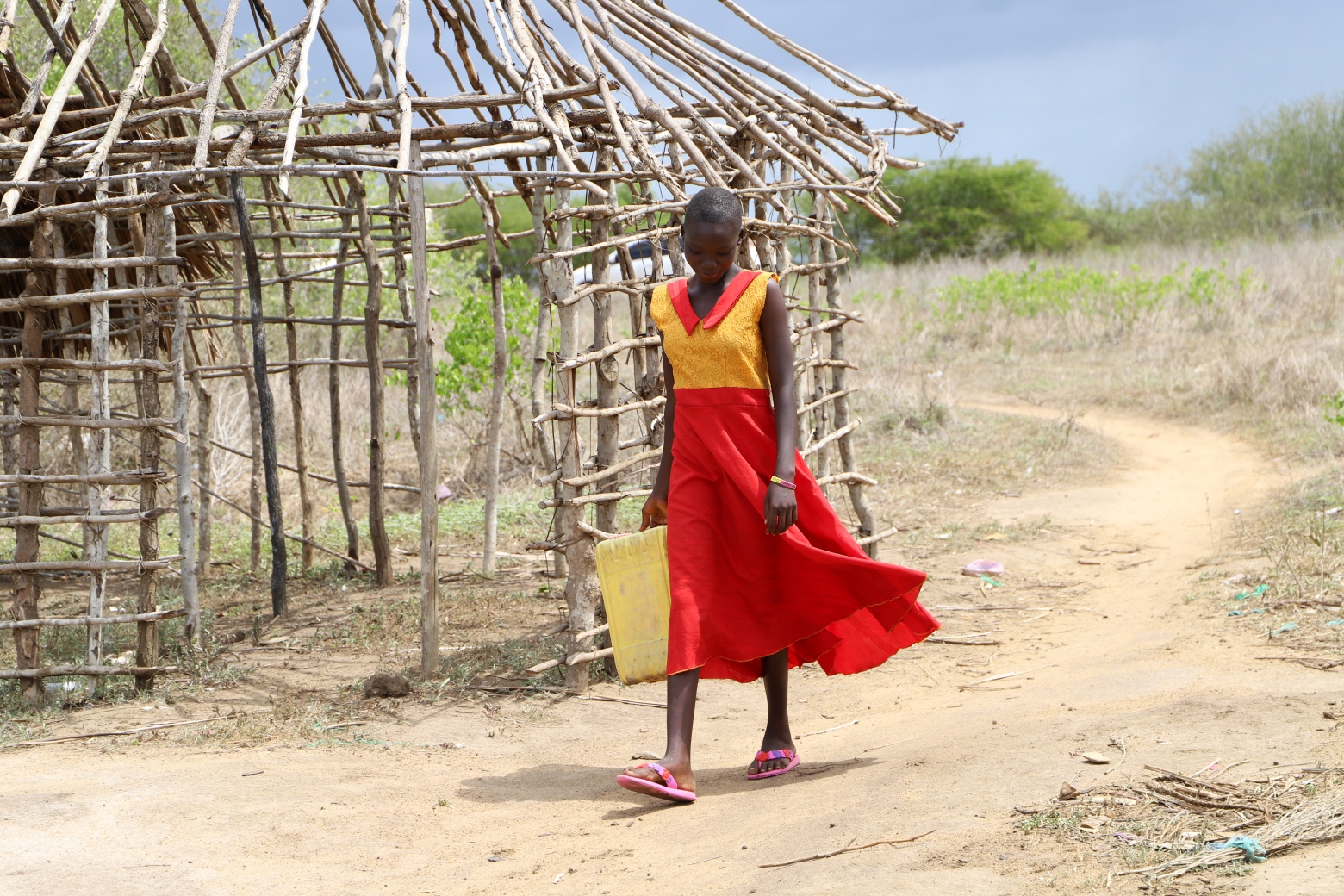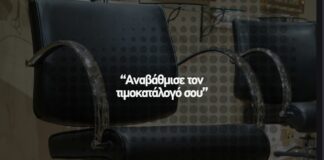“I hope that the tap water is always clean, that there is food at home every day and that this year I will be able to go to school!”
Surely, we would never expect our own child to make such a wish for the New Year.
On hearing this wish for our gift list, we would probably feel a little embarrassed, thinking it difficult to fulfill such a wish.
Toys, books and electronic devices for our children can more easily make it onto our list than the simplest and most obvious goods, such as water, food and education, goods that our children enjoy without having to claim them.
Yet millions of children in the world long more than anything else for a place in a classroom. They dream of being able to study so that they can have a better life, escaping poverty.
Like Happy from Kenya, who dropped out of school because her parents couldn’t afford the fees. Through ActionAid’s support centres, Happy has acquired school supplies and books, attended remedial classes to catch up on her learning and dreams of returning to school to study to become a doctor and seamstress!

Our own child would not wish for clean water in their home, yet children all over the world get sick from contaminated water, miss school because they have to walk for hours every day carrying water home, and are exposed to many dangers from animal (and even human) attacks by walking long desert distances. Prabin from Nepal knows well what it means to be at risk from lack of clean water. He saw many of his classmates fall ill, and he himself was afraid to return to school after the outbreak of the coronavirus pandemic, as they had no taps to wash their hands to protect themselves. So he was delighted to see that ActionAid had installed hand-washing water tanks and even drinking water at school and was safely back in his lessons.
Happy, Prabin and millions of other children in the world no longer need to wish for what our child would never wish for. Thanks to the Foster Care Programme and ActionAid’s Foster Carers, they are able to cope with the problems of their daily lives and look to their future with optimism. Because after all, every child in need is “our” child. And it is much easier than we imagine to fulfil his wishes.
You can find out more about the Foster Care programme here.


